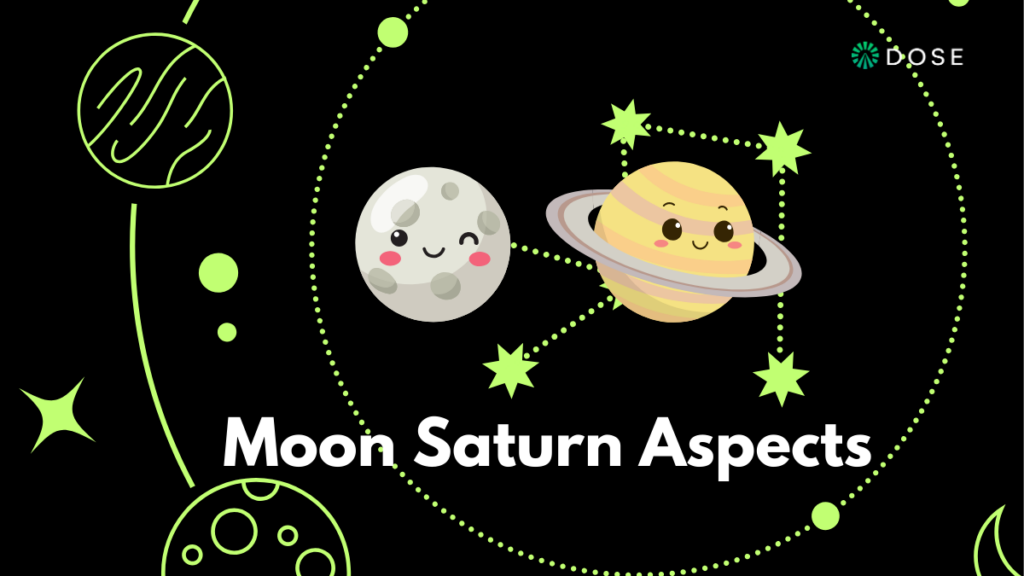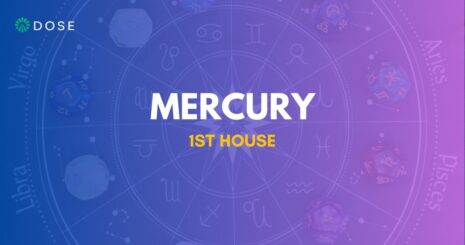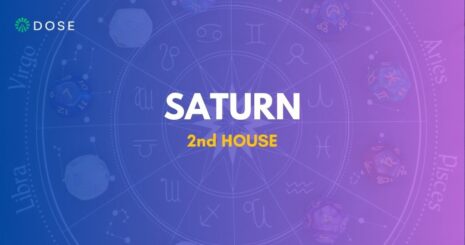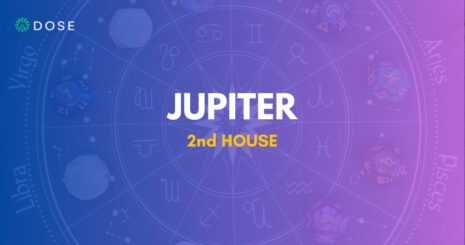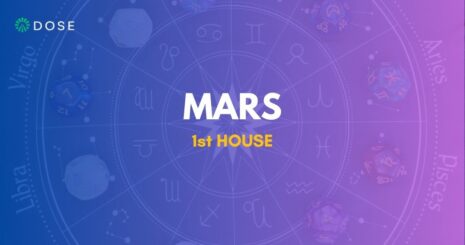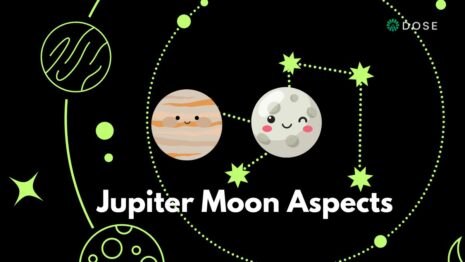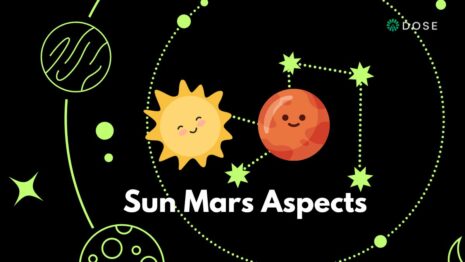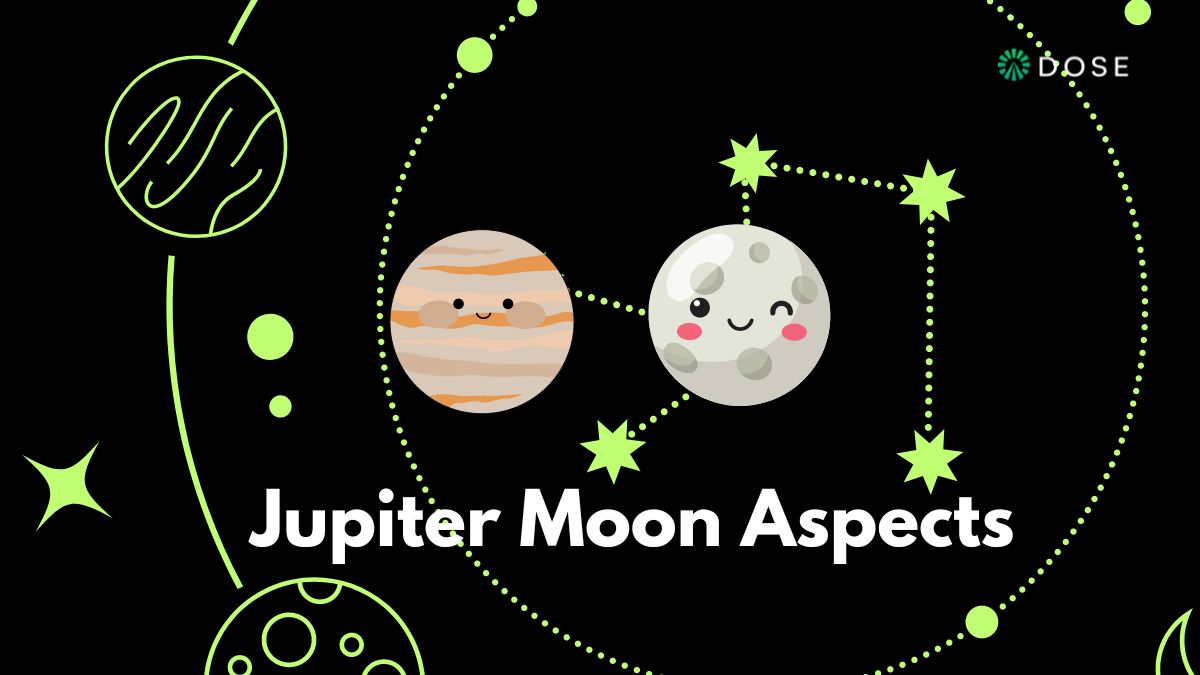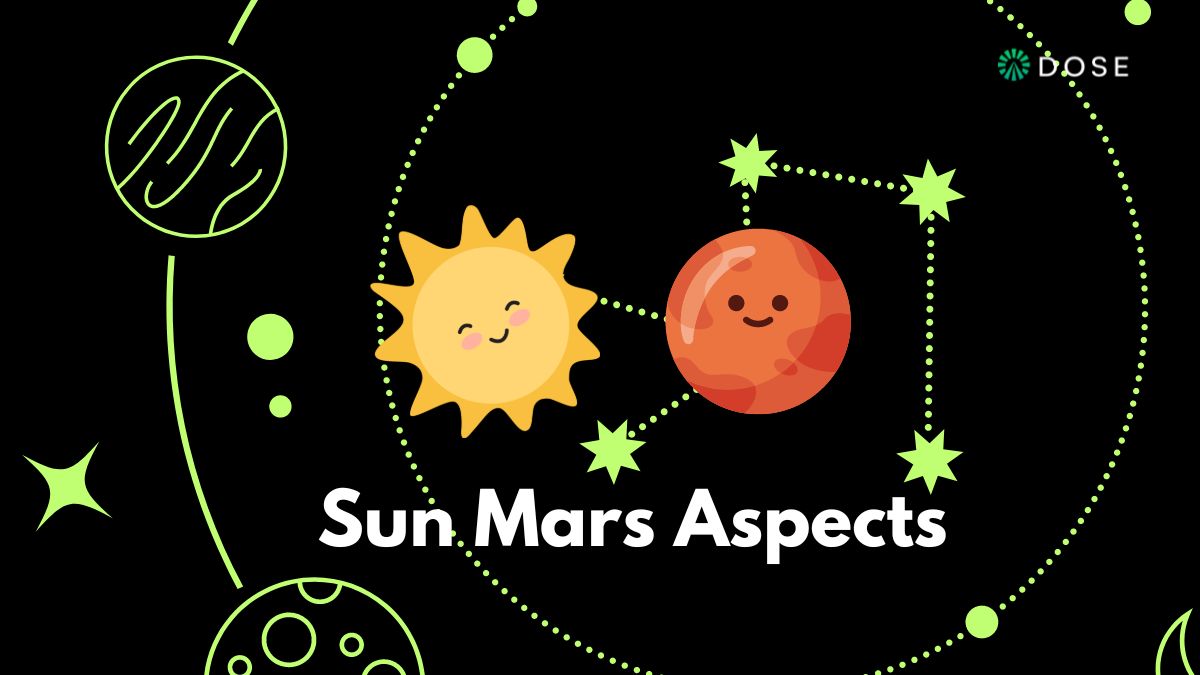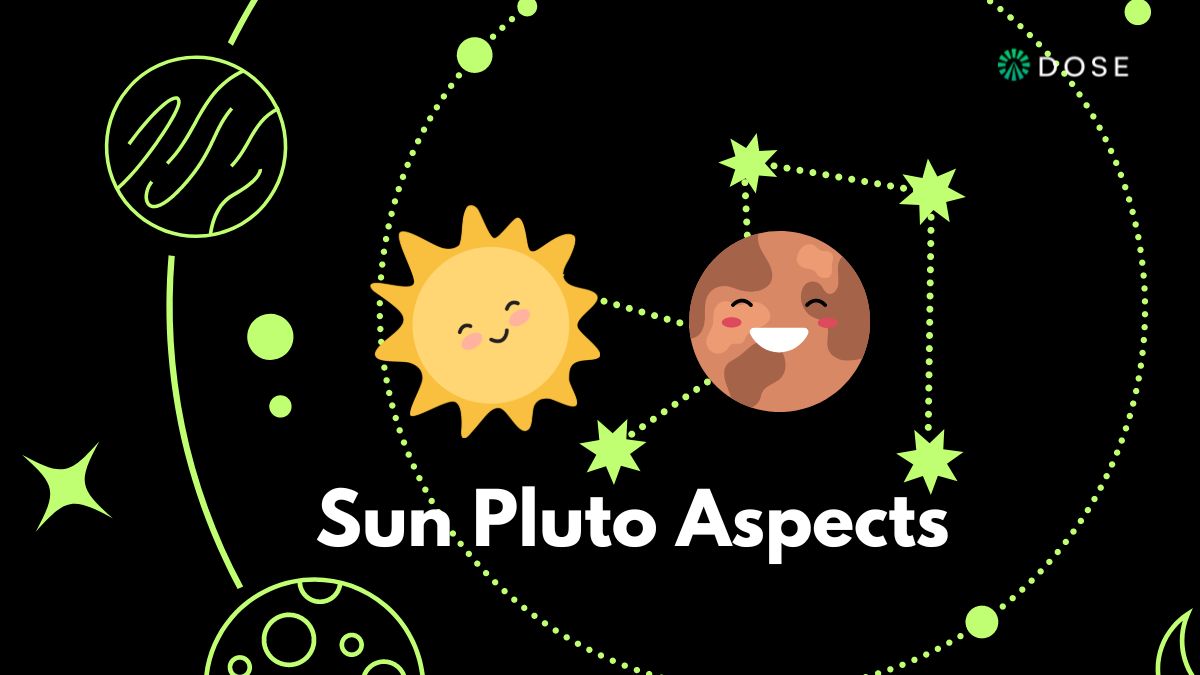Saturn Moon aspects in synastry illustrate a dynamic of maturity and emotion, frequently resulting in significant growth. The Moon represents the inner, emotional self, while Saturn is a symbol of seriousness and reserve. These qualities act as the relationship’s sticking glue, ensuring longevity even in the face of emotional instability, despite possible difficulties. The ability of the partners to handle problems together and their shared emotional maturity are essential for the success of their relationship.
The Importance of Moon & Saturn in Synastry
The planet of logic, Saturn, represents karmic justice and moral guidance. It sets the standards for career pathways, requiring hard work and perseverance to succeed. Insincere efforts result in delayed outcomes. Saturn’s boundaries and commitment help you avoid distractions and ensure a prosperous life. It challenges your moral fortitude and compels you to follow the right path. Saturn is a rewarding and penalizing deity that molds your destiny and character by illustrating the value of honesty and patience in surviving life’s journey.

Your yearning for security and comfort is cultivated by the Moon, the protector of your inner feelings. It is the feminine equivalent of the masculine energy of the Sun, representing maternal strength and tenderness. Its vulnerability masks a deep presence that helps you make sense of your needs for relationships and personal fulfillment. Its alignment with the water sign Cancer gives a strong sense of passion and energy.
When done with consideration, it encourages emotional expression and harmony with one’s inner wishes. People who are in such alignment develop lasting connections and relationships. On the other hand, a lack of inner calm might result in destructive relationship patterns and emotional turmoil. The Moon shapes our emotional landscape and directs us toward balance and fulfillment.
Moon Saturn Synastry Aspects Overview
| Aspect | Compatibility |
| Moon Conjunct Saturn | Compatible |
| Moon Trine Saturn | Highly Compatible |
| Moon Sextile Saturn | Harmonious Vibration |
| Moon Square Saturn | Tense Aspect |
| Moon Opposite Saturn | Challenging Aspect |
The Meaning of Moon Saturn Aspects in Synastry
A combination of emotional depth and restraint is commonly represented by Moon-Saturn aspects in synastry. They may indicate a committed relationship where obligations are prioritized and deep feelings are shared. It could be difficult to strike a balance between practical concerns and emotional demands, but with dedication and persistence, a solid foundation can be created. To overcome difficulties and develop growth for both parties, communication and understanding are essential.
Moon Conjunct Saturn in Synastry
The Moon’s synastry aspect with Saturn represents a strong, significant relationship that involves a sense of commitment and responsibility. But the relationship can also make you feel limited and confined, especially if you’re a Moon person and find it difficult to communicate your emotions. The Moon’s natural impulses may be unintentionally repressed by Saturn’s influence, resulting in reluctance or apprehension about seeming overly dependent.
Despite these difficulties, both people crave intimacy emotionally but find it difficult to connect completely because of internal or external constraints. Fortunately, this feature builds a serious, long-lasting connection, frequently acting as the cornerstone that keeps the relationship strong through difficulties. Gradually, the Saturn person can develop emotional sensitivity to the Moon while bringing structure and order.
In the same way, the Moon person can balance emotional authenticity with healthy dependency without giving in to codependency. This path may be difficult, but it also presents possibilities for deep learning and growth, highlighting the significance of emotional balance and sincere communication for long-term relationship stability.
Moon Trine Saturn in Synastry
The Moon trine Saturn appears in the Saturn synastry aspect as a balancing force that gently directs the Moon partner towards their goals. The Moon has a feeling of security and dependability with Saturn, which encourages emotional commitment and stability. Each puts a great deal of effort into the relationship, showing commitment to the other in the long run and treating each other with respect.
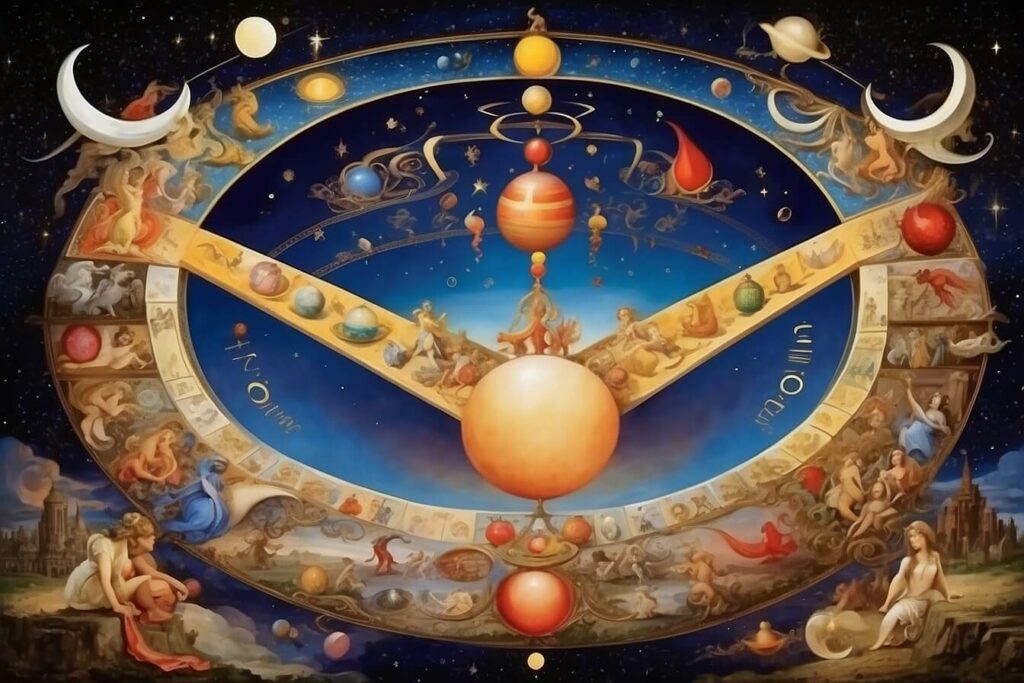
For the Moon partner, Saturn’s stability acts as a rock, even though the give-and-take ratio can appear unbalanced at times. This element serves as the glue, solidifying the relationship and inspiring the two individuals to overcome obstacles in unison. However, because the connection is typical, there’s a chance that monotony might set in. Despite this, the core stability and shared emotional commitment guarantee serve as a solid basis for the relationship.
Moon Sextile Saturn in Synastry
The Moon sextile Saturn synastry aspect encourages the possibility of emotional development and maturity on both sides of the connection. When it comes to overcoming karmic issues related to their Saturn placement, the Moon person helps their Saturn partner. On the other hand, Saturn gives the Moon the much-needed stability and structure, leading to emotional development.
Though the Moon may come across as less emotionally developed, this connection presents a tremendous opportunity for mutual learning and development. Parental relations issues could arise, with the pair perhaps playing parental roles initially. Together, they can overcome these obstacles by addressing dependency and security concerns.
Ideally, Saturn’s influence gives the Moon the confidence to set limits and prioritizes self-care, which promotes emotional growth and harmony in the partnership. Although difficult, this component provides a transforming path toward emotional growth and fulfillment on both sides.
Moon Square Saturn in Synastry
Notwithstanding difficulties, the aspect promotes commitment and shared adversity, strengthening ties via responsibility. Longevity in a relationship is ensured by persistence and patience in the face of disagreement. While the Moon uses constructive communication to break down emotional barriers, Saturn provides steadiness for the erratic Moon.
Misunderstandings and emotional walls result from different emotional demands and temperaments. Family dynamics make true intimacy difficult to achieve due to some sort of complications. If ignored, both may unintentionally relive early traumas, creating harmful cycles.
The Moon person should try to distinguish between their partner’s actions and projected emotional expectations. They need to communicate calmly and diplomatically. Trying to validate themselves internally would be of great help.
The Saturn person should listen to their partner’s stuff without being judgemental and offer empathy. They should lower their defensive shields and discuss their fears regarding emotional vulnerability. Balancing being rational yet emotional towards your partner would result in a long-lasting relationship.
Moon Opposite Saturn in Synastry
The Moon opposition Saturn synastry aspect emphasizes different responses to life’s experiences, with the Moon being overly emotional and Saturn seeming rigid. The apparent childishness of the Moon is at clash with the dominating impulses of Saturn. The partnership is rife with insecurity and betrayal anxiety, with both parties carrying deep-seated fears.
Whereas Saturn fears losing control, the Moon hates vulnerability. For both individuals, reassurance becomes crucial, but if underlying problems are not resolved, the relationship runs the risk of being emotionally taxing.
The Saturn partner has to develop empathy and understanding by learning how to handle emotions without suppressing them. In the meantime, the Moon person explores their inside for fulfillment instead of depending just on their Saturn partner. In the end, to create a more positive dynamic based on respect for one another and mental balance, both individuals must face their fears and strive toward personal development.
Moon Quincunx Saturn in Synastry
The Moon quincunx Saturn synastry aspect suggests a subtle but challenging dynamic between partners. The quincunx of the Moon The synastry aspect of Saturn suggests a complex and demanding interaction within relationships. Emotional expressiveness and responsibilities seem out of alignment. Misunderstandings and conflict arise when the inclinations of the Moon person collide with Saturn’s sense of purpose and discipline.
The Moon person may experience feelings of criticism or inadequacy as a result of Saturn’s influence, and the Moon’s mood swings may upset Saturn’s need for stability. This component frequently shows up as a difficulty in reaching an understanding between the partners, with each feeling as though they speak a different emotional language.
On the other hand, this element can provide balance and growth with effort and understanding. It calls for patience, willingness to compromise, and open communication. With time, both partners can learn to support one another’s areas of strength and close the distance between their emotional needs, which will ultimately strengthen their relationship.
FAQs
What is synastry?
Synastry is the comparison of two individuals’ birth charts to analyze their compatibility and relationship dynamics.
What does it mean when the Moon in one chart forms an aspect to another person’s Saturn?
When the Moon in one chart forms an aspect to another person’s Saturn, it signifies a connection between emotions and responsibilities, often involving a blend of nurturing and structure.
Who is compatible with the Moon in synastry?
Synastry aspects involving Venus, Mars, and the Moon tend to be favorable for relationships, indicating compatibility in love, passion, and emotional connection.
